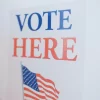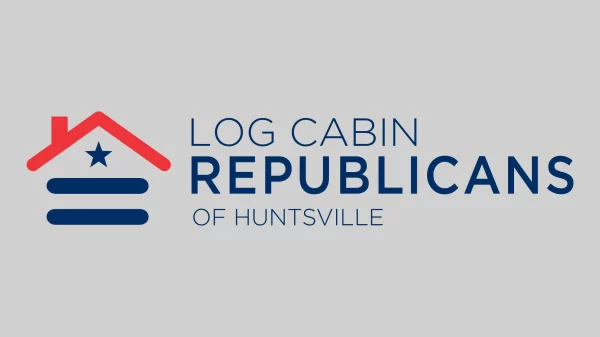Members of Faith in Action Hunstville, a federation of the national Faith in Action community organizing network, are calling for the Madison County District Attorney’s Office to reconsider how the office handles fees for their pre-trial intervention programs.
Religious leaders and community members from across North Alabama, accompanied by civil servants and impacted citizens, met in a online forum Tuesday evening to begin preparation for the Faith in Action Huntsville’s Diversion with Dignity: Money & Justice campaign, aimed at the Madison County District Attorney’s Office’s pre-trial intervention programs.
“We have spent nearly six months reaching out to the D.A.’s office to obtain needed information on making this decision, but have only been met with cancellations and pushback,” said Stephanie Strong, lead organizer with Faith in Action Alabama, in a statement March 18. “This program and others like it are essential in keeping Black and Brown people out of the criminal justice system, especially those who are first-time offenders or have been charged with a low-level crime. We are calling on the district attorney to publicly agree to work with us to ensure indigency status is considered for program admission and participation as a part of their best practices, and regardless of indigents’ ability to pay.”
The Madison County District Attorney’s Office has offered an array of pre-trial intervention programs since 1994. These programs provide treatment and rehabilitation to those facing certain misdemeanors or non-class A felony crimes. Individuals who complete the programs will not be charged with a crime and won’t have a record of their alleged crimes.
Members of Faith in Action argued in Tuesday’s meeting that while pre-trial intervention programs are a positive for the community, financial access to those programs is limited to those able to pay for the accompanying onslaught of fines and fees.
“Somebody that is living close or below the poverty line, they have no chance of succeeding in the pre-trial intervention program because of all the fines and the fees, the monies that they need to come up with to partake in this program,” said Perrar Joseph, an attorney at the Joseph Law Firm in Hunstville. “In the application of this wonderful, great program that allows people a second chance when they make a foolish mistake, in the application of this program, there is a large section of our population that simply cannot afford to be in the program.”
“What it means is that if they had the financial resources, they could avoid a felony conviction, but because they don’t have the financial resources, they have to accept that felony conviction,” Joseph said.
The pricing, fees, and fines associated with the 24-month program fluctuate based on the severity of the crime, if the individual has been indicted or not, and if they have a court-appointed or retained attorney. According to the PTI programs application form, the district attorney reserves the full discretion to adjust the fee schedules on a case-by-case basis, considering an individuals ability to pay, financial hardship of PTI programs and offenses charged.
“Anyone accepted into the program must pay several fines and fees which typically amounted to about $3,000,” said Brad Korb, a three-year member of Faith in Action Hunstville and member of the Unitarian Universalist Church of Huntsville. Korb also mentioned a recent report from Alabama Appleseed Center for Law and Justice, interviewing 1,011 Alabamians involved in PTI programs. “Thirty-five percent of the people who participated in pretrial diversion made less than $14,999, per year. The median amount they reported paying for diversion was 1,600. Only 10 percent had ever been offered a reduced fee or fee waiver based on their inability to pay a greater nature.”
According to Korb: “The campaign seeks to move the district attorney to make an administrative internal decision to develop an objective standard in the application, and admittance process to the program that considers indigency status as a part of its best practices. This standard would ensure that poor and low wealth defendants have the same access, opportunity, and alternatives to payment as their wealthier counterparts.”
In the next six months, Faith in Action Hunstville will continue to mobilize and research Madison County PTI programs, accordion to Strong: “For the month of May, we will be working on establishing a community advisory team. That will look like individuals in our community, who have direct links to this program directly experienced with this program. That group of people will be helping to provide insight as we go forward with this campaign, so that we make sure we understand holistically, all perspectives, and everybody on every side of this program to make sure that nothing is left out.”



















































